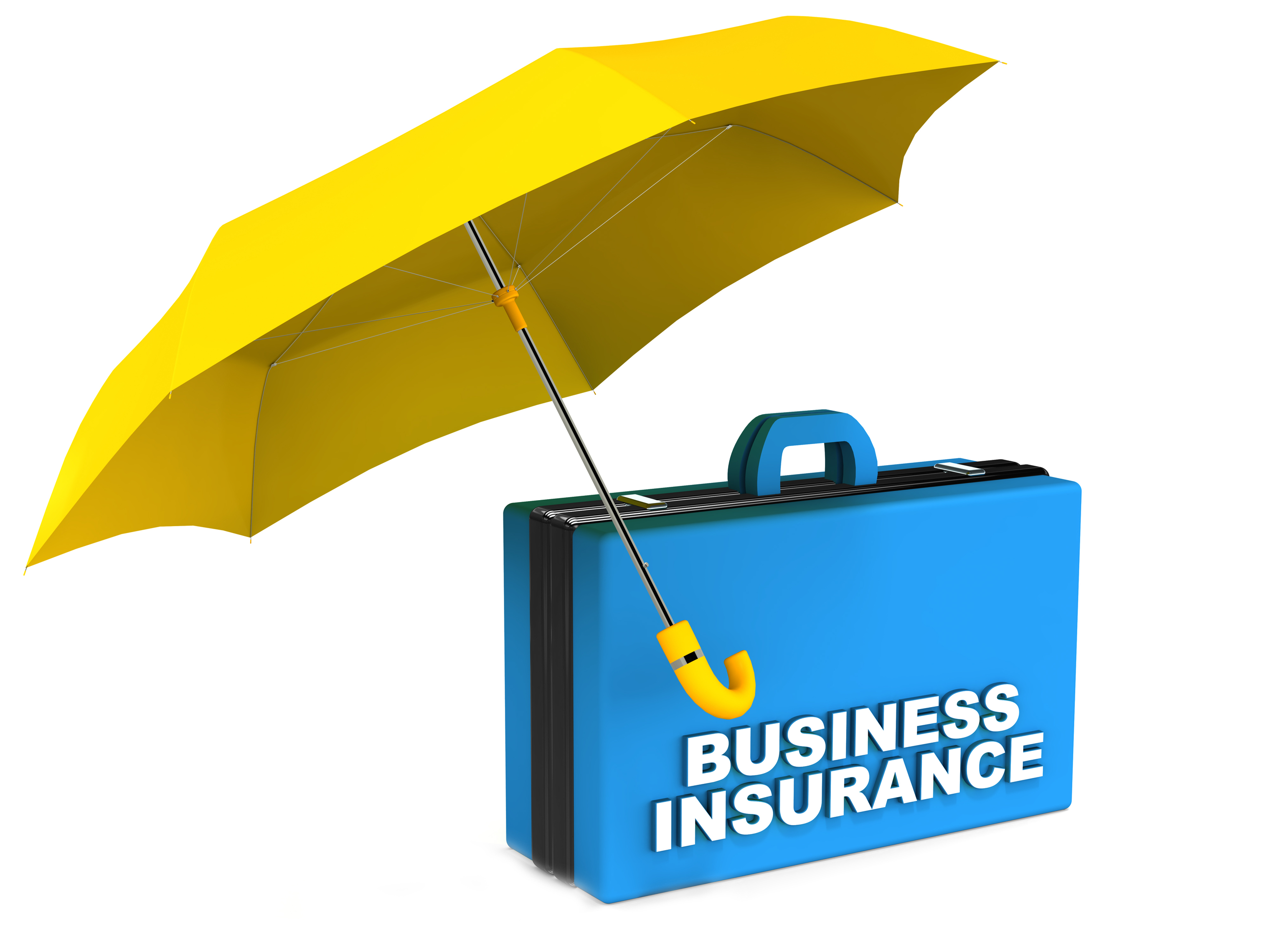As a small business owner, you understand the risks and challenges that come with running a company. From liability claims to property damage, there are numerous threats that can impact your business’s financial stability and reputation. This is where small business insurance comes in – a vital investment that can provide protection and peace of mind. In this article, we will delve into the world of small business insurance, exploring the different types of coverage, factors that affect premiums, and how to get a quote that suits your business needs.

Types of Small Business Insurance
There are several types of insurance policies that small businesses can consider, depending on their specific needs and industry. Some of the most common types of small business insurance include:
- General Liability Insurance: This type of insurance provides coverage for damages or injuries caused to third parties, such as customers or vendors, as a result of your business operations.
- Property Insurance: This type of insurance covers damage to your business property, including buildings, equipment, and inventory.
- Workers’ Compensation Insurance: This type of insurance provides coverage for employees who are injured on the job, including medical expenses and lost wages.
- Professional Liability Insurance: This type of insurance, also known as errors and omissions insurance, provides coverage for mistakes or omissions made by your business, such as professional negligence or misrepresentation.
- Cyber Liability Insurance: This type of insurance provides coverage for cyber-attacks, data breaches, and other cyber-related risks.
Factors that Affect Small Business Insurance Premiums
The cost of small business insurance premiums can vary widely, depending on several factors, including:
- Business Type and Industry: Certain industries, such as construction or healthcare, may be considered higher-risk and therefore more expensive to insure.
- Business Size and Revenue: Larger businesses with higher revenues may be considered higher-risk and therefore more expensive to insure.
- Location: Businesses located in areas with high crime rates or natural disaster zones may be considered higher-risk and therefore more expensive to insure.
- Claims History: Businesses with a history of claims may be considered higher-risk and therefore more expensive to insure.
- Deductible and Coverage Limits: Higher deductibles and lower coverage limits can lower premiums, but may also leave your business with more financial exposure in the event of a claim.
How to Get a Small Business Insurance Quote
Getting a small business insurance quote is a straightforward process that can be completed online or through a licensed insurance agent. Here are the steps to follow:
- Determine Your Business Insurance Needs: Consider the types of coverage your business requires and the level of risk you are willing to assume.
- Gather Business Information: Gather information about your business, including financial statements, employee data, and property values.
- Compare Insurance Providers: Research and compare different insurance providers to find the best coverage and rates for your business.
- Submit an Application: Submit an application to the insurance provider, either online or through an agent.
- Review and Customize Your Quote: Review your quote and customize your coverage to meet your business needs.
Frequently Asked Questions (FAQs)
- What is the average cost of small business insurance?
The average cost of small business insurance varies widely, depending on the type of coverage, business size, and industry. However, most small businesses can expect to pay between $500 and $2,000 per year for liability insurance. - Do I need small business insurance if I’m a sole proprietor?
Yes, even as a sole proprietor, you may still need small business insurance to protect your personal assets in the event of a business-related claim. - Can I customize my small business insurance policy?
Yes, most insurance providers offer customizable policies that can be tailored to meet your business needs. - How do I know if I have enough small business insurance coverage?
You can determine if you have enough coverage by reviewing your policy limits and deductibles, as well as considering the potential risks and liabilities associated with your business. - Can I cancel my small business insurance policy at any time?
Yes, you can typically cancel your small business insurance policy at any time, but you may be subject to penalties or fees for early cancellation.
Conclusion
Small business insurance is a vital investment that can provide protection and peace of mind for business owners. By understanding the different types of coverage, factors that affect premiums, and how to get a quote, you can make informed decisions about your business insurance needs. Remember to review and customize your policy regularly to ensure you have adequate coverage and are not overpaying for premiums. With the right insurance coverage, you can focus on growing and succeeding in your business, knowing that you are protected against unexpected risks and liabilities. Whether you’re a sole proprietor or a large corporation, small business insurance is an essential component of any business strategy. Don’t wait until it’s too late – get a quote today and protect your business for tomorrow.
Closure
Thus, we hope this article has provided valuable insights into The Importance of Small Business Insurance: A Comprehensive Guide. We thank you for taking the time to read this article. See you in our next article!